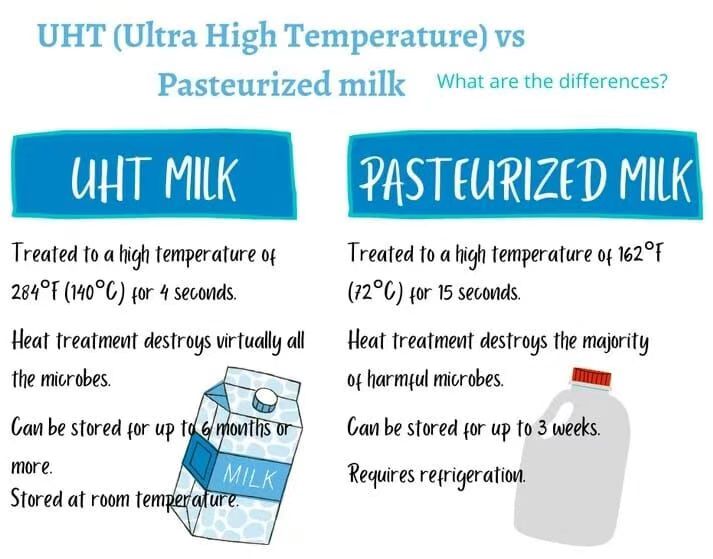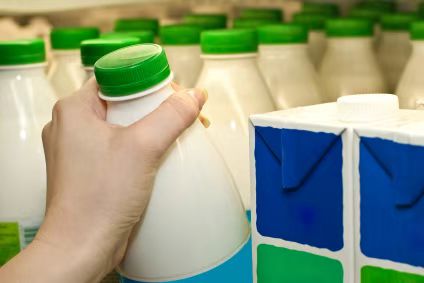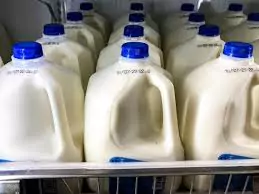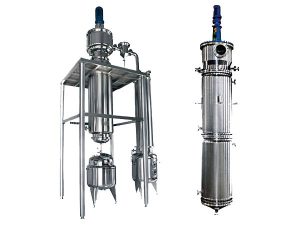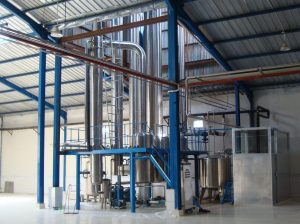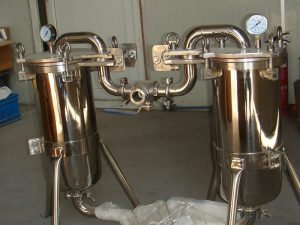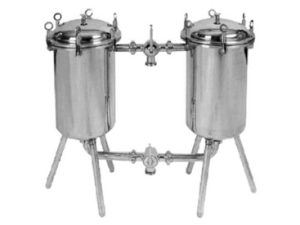Table of Contents
ToggleIntroduction
Pasteurization is a heat-treatment process that kills harmful microorganisms in food and beverages, including milk. Named after the French scientist Louis Pasteur, the method involves heating milk to a specific temperature for a defined period, then rapidly cooling it.
Pasteurizing milk is essential for public health and food safety. It reduces the risk of foodborne illnesses and extends the shelf life of milk. In many countries, such as Canada and the United States, milk pasteurization is mandatory for retail distribution. Without pasteurization, raw milk can harbor bacteria that pose serious health risks, especially for children, pregnant women, and the elderly.
In this blog, we’ll explore whether pasteurizing milk truly kills nutrients—and to what extent.
Does Pasteurizing Milk Kill Nutrients?
Pasteurizing milk slightly reduces some heat-sensitive vitamins and enzymes, but it does not destroy important nutrients like minerals or proteins. Milk still keeps most of its nutrition and is safe to drink.
| Nutrient/Component | Does Pasteurization Affect It? | Simple Explanation |
|---|---|---|
| Vitamins | Slightly | Some heat-sensitive vitamins decrease a little. |
| Proteins | Slightly | Proteins change shape but still give full nutrition. |
| Minerals | No | Minerals stay the same during pasteurization. |
| Enzymes | Yes | Natural enzymes are killed, but they’re not essential. |
| Good Bacteria (Probiotics) | Yes | Kills both bad and good bacteria; safer to get probiotics from yogurt or kefir. |
Does Pasteurization Kill Vitamins?
Pasteurization does cause a reduction in some vitamins, but the effect is generally minor. Water-soluble vitamins, such as B1 (thiamine), B2 (riboflavin), B12, and vitamin C, are somewhat sensitive to heat. Among these, riboflavin sees the most noticeable decrease, but even then, pasteurized milk remains an excellent source of this nutrient. Fat-soluble vitamins like A, D, E, and K are largely unaffected. In many countries, vitamin D is added to pasteurized milk to enhance its nutritional value.
Does Pasteurization Denature Proteins?
Yes, pasteurization can partially denature whey proteins, particularly beta-lactoglobulin. However, this structural change does not reduce the nutritional quality or amino acid profile of the proteins. About 10% of whey proteins are denatured in traditional high-temperature short-time (HTST) pasteurization, and up to 70% in ultra-high-temperature (UHT) processing. The denatured proteins are still digestible and usable by the human body.
Does Pasteurization Kill Minerals?
Milk is an important source of calcium, phosphorus, potassium, and magnesium. Unlike vitamins, minerals are highly stable under heat. Scientific studies confirm that pasteurization has no meaningful effect on the mineral content of milk. Whether milk is raw or pasteurized, its mineral profile remains virtually unchanged.
Does Pasteurizing Milk Kill Enzymes?
Yes, pasteurization inactivates many of the natural enzymes in raw milk. These include lipase and alkaline phosphatase, which are involved in fat digestion and calcium absorption, respectively. However, these enzymes are not essential for human digestion; the human body produces its own enzymes to break down food. Moreover, these enzymes would be destroyed by stomach acid during digestion anyway.
Does Pasteurization Kill Good Bacteria in Milk?
Pasteurization effectively eliminates both harmful and beneficial bacteria. While this includes probiotic strains that may support gut health, raw milk is not a reliable source of probiotics due to its microbiological variability and safety risks. For those seeking probiotic benefits, fermented dairy products like yogurt and kefir are safer and more consistent sources.
Find the Best Milk Pasteurizer Machine at Zhongbo
If you are in the dairy industry or planning to process milk safely and efficiently, choosing the right pasteurizer is crucial. At Zhongbo, we offer a variety of high-quality milk pasteurizers, including tube, plate, and tubular types designed for durability, precision, and compliance with food safety standards. Zhongbo can meet your production needs while preserving milk’s nutritional quality.
Conclusion
So, does pasteurizing milk kill nutrients? The short answer is no, not in a significant way. While certain heat-sensitive vitamins may be reduced, pasteurized milk continues to be a highly nutritious food rich in protein, calcium, and essential vitamins. The safety and shelf-life benefits of pasteurization far outweigh the minimal nutrient loss. For those concerned about enzymes or probiotics, other dairy options like fermented products may offer what raw milk lacks—without the risks.
By understanding the science behind pasteurization, we can appreciate both its health benefits and its limited impact on milk’s nutritional value.

